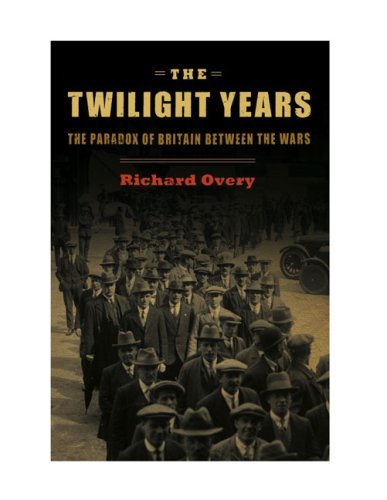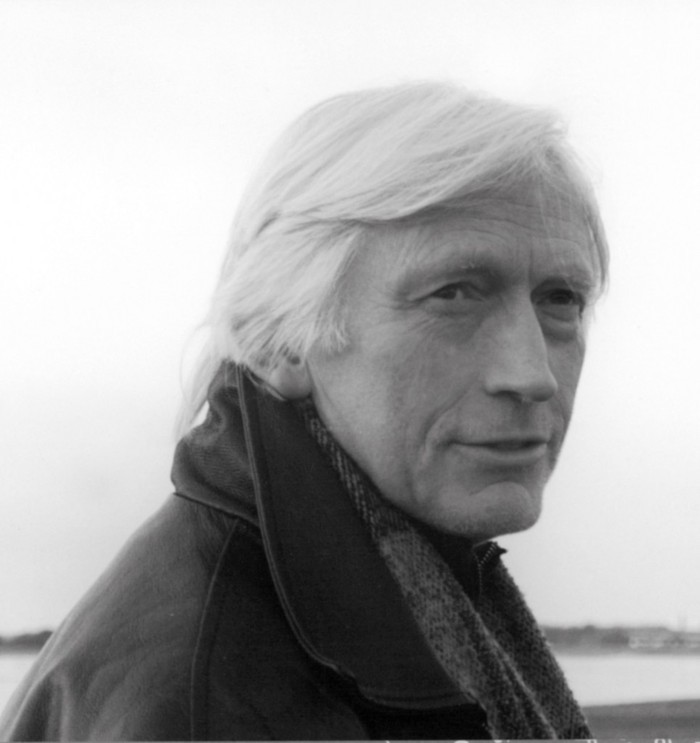
From a leading British historian, the story of how fear of war shaped modern England By the end of World War I, Britain had become a laboratory for modernity. Intellectuals, politicians, scientists, and artists?among them Arnold Toynbee, Aldous Huxley, and H. G. Wells?sought a vision for a rapidly changing world. Coloring their innovative ideas and concepts, from eugenics to Freud?s unconscious, was a creeping fear that the West was staring down the end of civilization. In their home country of Britain, many of these fears were unfounded. The country had not suffered from economic collapse, occupation, civil war, or any of the ideological conflicts of inter-war Europe. Nevertheless, the modern era?s promise of progress was overshadowed by a looming sense of decay and death that would deeply influence creative production and public argument between the wars. In The Twilight Years, award-winning historian Richard Overy examines the paradox of this period and argues that the coming of World War II was almost welcomed by Britain?s leading thinkers, who saw it as an extraordinary test for the survival of civilization? and a way of resolving their contradictory fears and hopes about the future.
Author

Richard James Overy is a British historian who has published extensively on the history of World War II and the Third Reich. Educated at Caius College, Cambridge and awarded a research fellowship at Churchill College, Professor Overy taught history at Cambridge from 1972 to 1979, as a fellow of Queens' College and from 1976 as a university assistant lecturer. In 1980 he moved to King's College London, where he became professor of modern history in 1994. He was appointed to a professorship at the University of Exeter in 2004. His work on World War II has been praised as "highly effective in the ruthless dispelling of myths" (A. J. P. Taylor), "original and important" (New York Review of Books) and "at the cutting edge" (Times Literary Supplement.)[